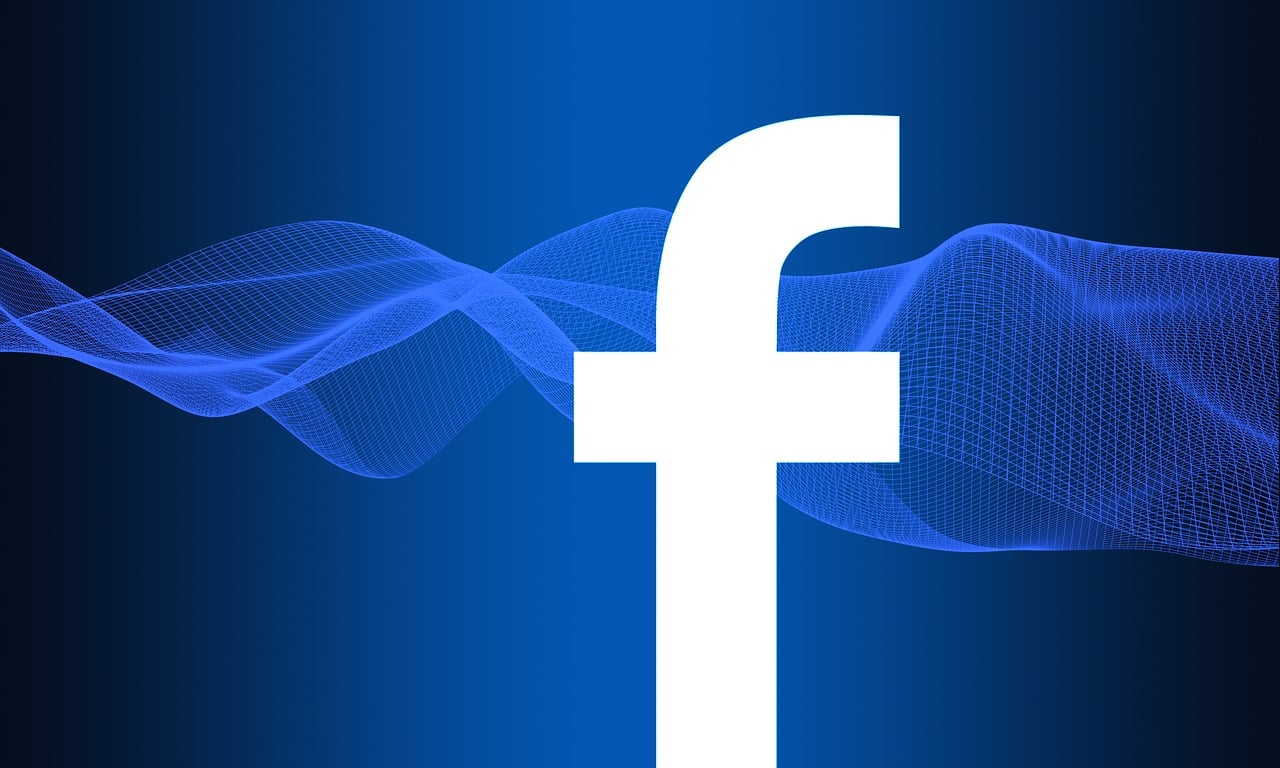A Facebook ban will soon be implemented in Papua New Guinea in order to allow the government to carry out research and analysis regarding its use.
It’s clear that the government of Papua New Guinea has concerns about social media and how it’s being used by citizens within the country – as evidenced by a month-long Facebook ban that will soon be put into effect. The Facebook ban is intended to allow the Communications and Information Technology Department to do a thorough analysis of the site’s impact within the country.
In an interview with the Papua New Guinea Post-Courier, Communications Minister Sam Basil stated that “The time will allow information to be collected to identify users that hide behind fake accounts, users that upload pornographic images, users that post false and misleading information on Facebook to be filtered and removed.
“This will allow genuine people with real identities to use the social network responsibly.”
Mr. Basil went on further to state that the Facebook ban would essentially weigh the positive impact that the social network has on the population as well, and the pros and cons of the service would be looked at in order to determine whether Papua New Guinea is making more progress with or without the influence of this social media giant.
This legislation that would enact the Facebook ban comes as his Ministry takes steps to enforce the Cyber Crime Act that was passed in the country back in 2016.
“The Act has already been passed, so what I’m trying to do is to ensure the law is enforced accordingly where perpetrators can be identified and charged accordingly. We cannot allow the abuse of Facebook to continue in the country.
“I will now work closely with the Police for them to be properly trained and informed to fully enforce the Cyber Crime Act.”
Basil also expressed interest in potentially cutting out the middleman – perhaps creating a new social network site exclusively for Papua New Guinea citizens to use to connect and communicate.
“If there need be then we can gather our local applications developers to create a site that is more conducive for Papua New Guineans to communicate within the country and abroad as well,” he said.
It’s clear that a Facebook ban in an entire country is controversial, and while there are countries around the world which do pretty heavily police internet traffic, it’s rare that one specific site in general is singled out in the way that Mr. Basil and his organization are approaching this project.
There’s no doubt that the Facebook ban would feature both positives and negatives, but it’s likely that it will be met with a great amount of resistance from members of the community. However, considering the recent Facebook privacy scandal regarding the misuse of data, this may be the perfect time for the country to try to better enforce the Cyber Crime Act with minimal backlash.
As mentioned above, the Facebook ban will only be a month long, but it’s possible that afterward access could be further restricted for those within the country – perhaps with hopes to funnel users to a network in which the Papua New Guinea government can more closely monitor.





